
Wang Ruixu's first year after college graduation was a year of breakthroughs. In 2015, the app Wang and his team developed, "Jianzhimao," which helps users find part-time jobs, amassed over 5.8 million users and received financing of nearly 20 million yuan (around 3 million U.S. dollars).
"In the past year, our company took major steps forward and secured a strong position," said Wang, now the CEO of a growing tech firm with 200-strong employees in south China's Guangzhou City. Wang is one of many Chinese young people who are starting their own businesses, despite a gloomy economic climate.
China witnessed a startup boom in the first 11 months of 2015, when newly registered enterprises jumped 19 percent year on year to 3.9 million, or 11,700 new companies every day, official data showed. China is promoting mass innovation and entrepreneurship nationwide to refuel the economic engine, targeting a "new normal" of slower but higher-quality growth.
The word "innovation" was mentioned 14 times in a statement issued Dec. 21 after a tone-setting annual economic work conference, which said that China will continue to implement a strategy of innovation-driven development. Reform and innovation will inspire creativity, create new growth engines, upgrade traditional industries and foster emerging ones, said the statement.
Wang stressed the importance of government supports, such as simplified procedures, subsidies and financial aid, in the early phase of his business. "Those prompted an inclusive environment and boosted our confidence," Wang said.
Authorities launched business registration reform in March 2014, cutting red tape and lowering barriers to entry. Thanks to favorable measures, college students, business executives, scientific researchers and returnees are emerging as major forces in entrepreneurship.
China now boasts more than 200 makerspace projects, 1,600 business incubators, and 129 high-tech zones, science and technology parks, which help allocate resources and nurture innovative growth companies.
An article published in The Economist quoted Edward Tse, former head of Boston Consulting Group's China operations, as saying that a new entrepreneurial wave has arrived and will define the modern Chinese economy, bringing with it entrepreneurs who challenge the current inefficient economic structure.
Economists expect this wave to improve China's productivity and push forward the country's economic transformation, which will be completed with the help of millions of startups like Wang's. For 2016, Wang has an ambitious New Year's resolution: building his firm into a tech giant with 100 million yuan in annual revenue. "I want to give back to society and inspire more innovators just like me," he said.
















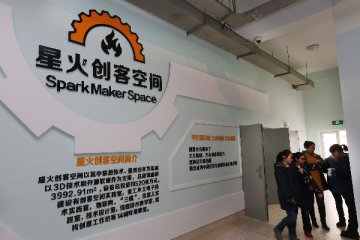
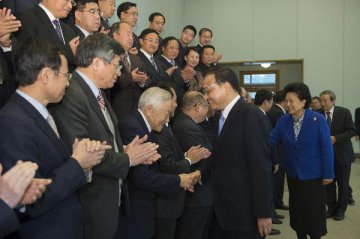
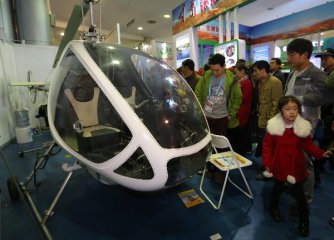
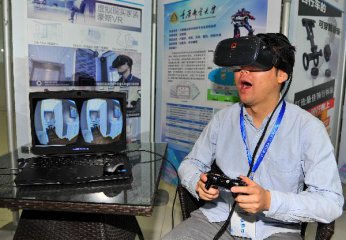
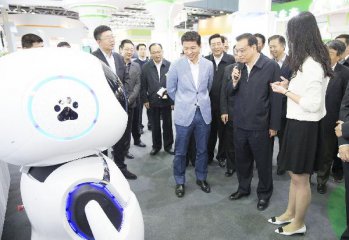
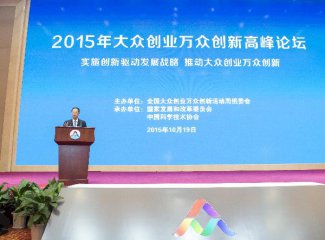


Latest comments